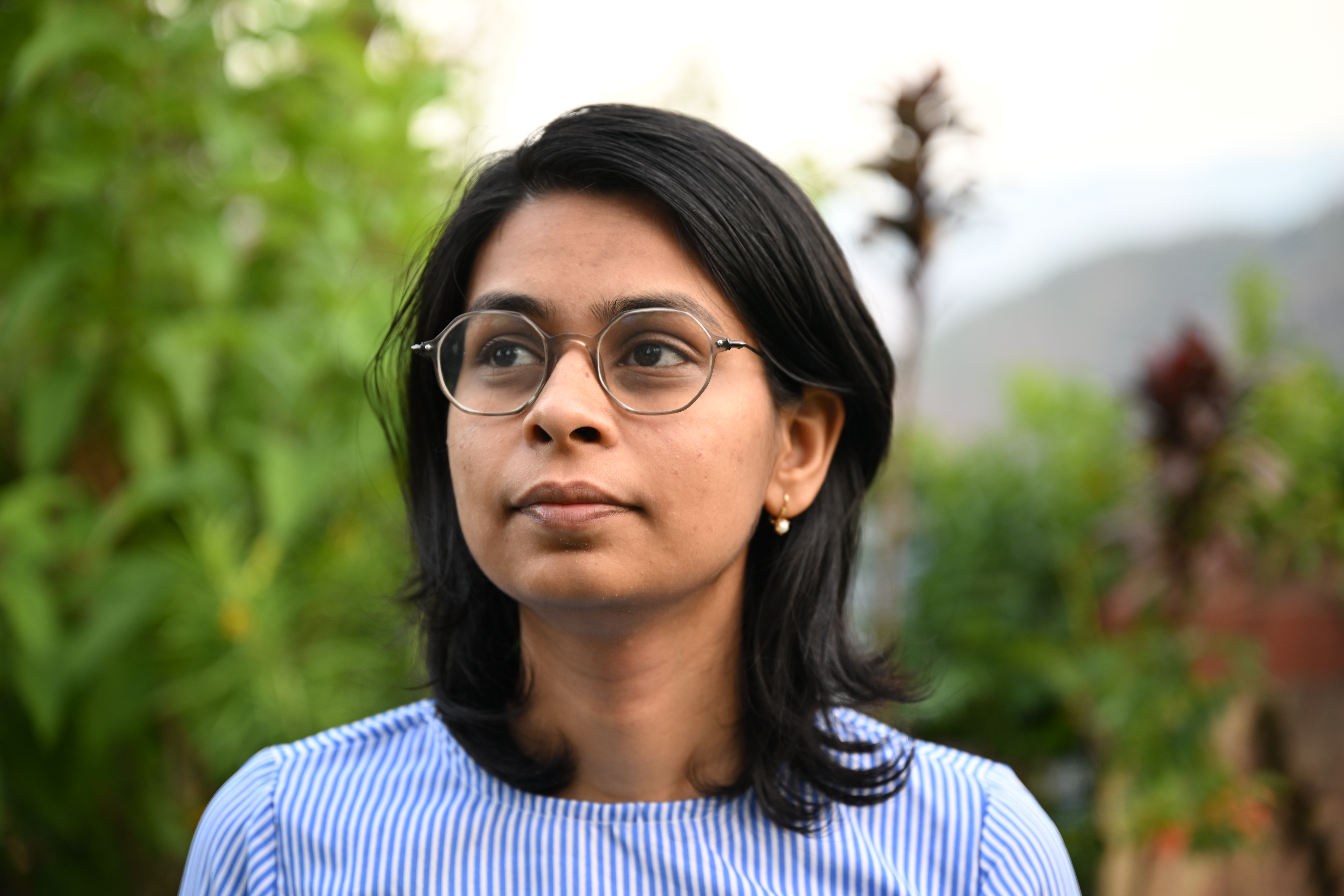We are pleased to announce The Centres for Postcolonial Studies and Creative Writing have awarded the annual Charles Wallace India Trust Writing Fellowship to Shreyasi Sharma.
Since 1991, the Charles Wallace India Trust has sponsored a Fellowship at the University of Kent that enables a writer from India to come and work in Canterbury for the spring term. Additionally, they have the opportunity to present their work to staff and students in talks organised by Kent’s renowned Centres for Creative Writing and Postcolonial Studies.
Shreyasi has an MA in Literary Art from Dr B.R. Ambedkar University, Delhi, and since her graduation has worked in in publishing houses, think tanks and schools. She writes about transforming spaces and has facilitated workshops on creative writing. Her words have appeared in The Hindu, The Citizen, Feminism in India, Indian Cultural Forum, Current Conservation, and in 2022 Red River Press published her poems and narrative non-fiction about the city in an anthology titled Of Dry Tongues and Brave Hearts. You can read her work here.
While in Canterbury, Shreyasi will work on her novella What Happened to the House After They Left, which will explore non-human life and what it means to be a habitat in the changing urban environment.
Dr Matthew Whittle, lecturer in Postcolonial Literature and Director of the Centre for Colonial and Postcolonial Studies said ‘On behalf of the Centres for the Global Study of Empire and Creative Writing, I’m pleased to be welcoming Shreyasi to Kent.
‘Her writing stood out amongst the high calibre of applicants for its focus on the stories of non-human worlds in a time of climate change, a topic that will be of interest to many people at Kent. We look forward to helping foster this young talent and seeing how Shreyasi’s writing will generate new discussions about literature and the environment across the Humanities and Sciences.’
We look forward to welcoming Shreyasi to the University of Kent in late February.

